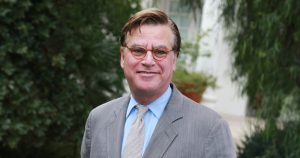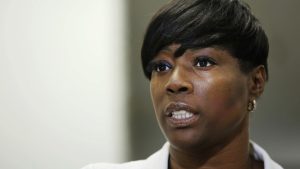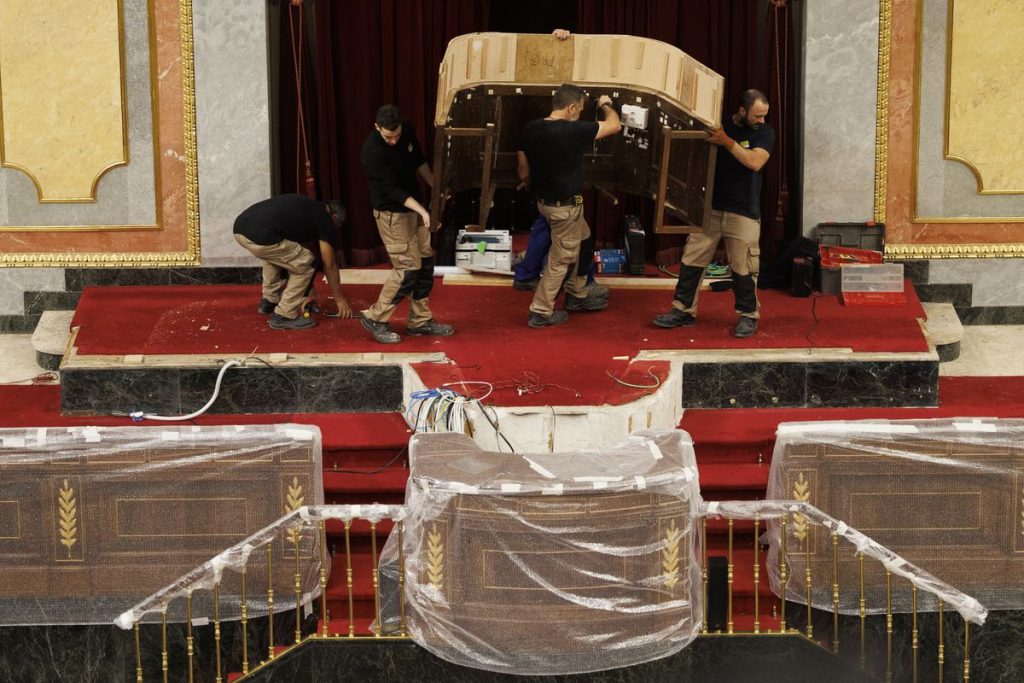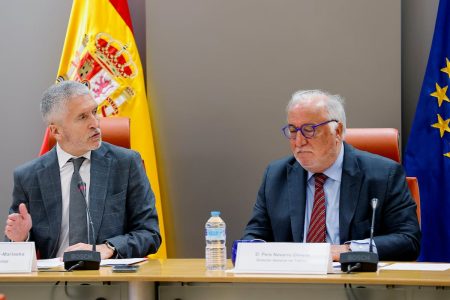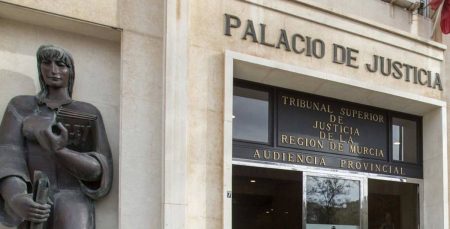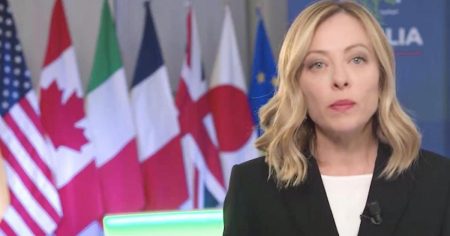The Congress table will address and resolve all the last-minute details of Princess Leonor de Borbón’s swearing of the Constitution before the Courts next Tuesday, one of the most symbolic institutional acts of this XV legislature that has yet to start and will take place with a caretaker Government. The program has been completed following a very similar script to the one set 37 years ago for the oath made by her father, current King Felipe VI. To that solemn session, which will be led by the heir to the throne, the usual partners of the caretaker Government will not attend. ERC, Junts, EH Bildu, and BNG have already confirmed that they will not attend, taking a critical position against the Monarchy. The PNV has not yet officially positioned itself, nor has Podemos, one of the brands of the coalition, although other sources from that party have confirmed their representation. Neither the Basque Country nor the Catalan President will be present in the Congress, unlike what José Antonio Ardanza and Jordi Pujol did in 1986 with the swearing of the then Prince Felipe.
The solemn swearing of the Constitution by Leonor de Borbón before the Courts is provided for in Article 61 of the constitutional text for when the heir to the Head of State comes of age, which will be the case on October 31st. The agenda for that session is already perfectly designed, with a pattern very similar to what her father completed on January 30, 1986. Next Tuesday, the King and Queen, Felipe VI and Doña Letizia, the Princess of Asturias, and the Infanta Sofía will arrive at the Carrera de San Jerónimo at 11 in the morning, escorted by the squadron of the Royal Guard, which will be formed in a battalion of honors, plus four companies from the army, navy, air force, and Civil Guard. The acting Prime Minister, Pedro Sánchez, and the Chief of the Defense Staff, Teodoro Esteban López, will receive them, and the King will review from a podium. Following that, the President of the Congress, Francina Armengol, and the President of the Senate, Pedro Rollán, will accompany them through the staircase and the door of the lions to the vestibule of the Congress, where the royal family will greet the President of the Constitutional Court, Cándido Conde-Pumpido, and the acting President of the General Council of the Judiciary, Vicente Guilarte.
In the hall of lost steps, the royal family will greet the tables of both Chambers and access the platform that has been set up in recent days, where the main tribune of the hemicycle is usually situated. The session will begin with the national anthem, a speech by President Armengol, the reading of Article 61 of the Constitution, and the swearing-in of Princess Leonor before all present parliamentarians, theoretically standing. At the end of the session, Armengol and Rollán will award the medals of both Chambers to the heir, and the princess will inaugurate the second edition of the Congress’ book of honor. Then, all members of the Royal Family present will greet other invited authorities in the hall of lost steps. Some spokespersons of political groups with representation in the Congress will not participate in the event due to their critical stance against the Monarchy. Official sources from ERC, Junts, EH Bildu, and BNG, key formations in the ongoing negotiations for the investiture of the socialist candidate Pedro Sánchez, have already announced their absence. Neither will the President of the Generalitat of Catalonia, Pere Aragonès, nor the Basque President, Iñigo Urkullu, be in Madrid on that day. The PNV, of which Urkullu is a part, has not yet determined if their spokesperson in Congress, Aitor Esteban, will be present. Unidas Podemos has not formally expressed its position, but sources from the coalition have indicated that they will be represented by some members of their Cabinet or spokespersons.


